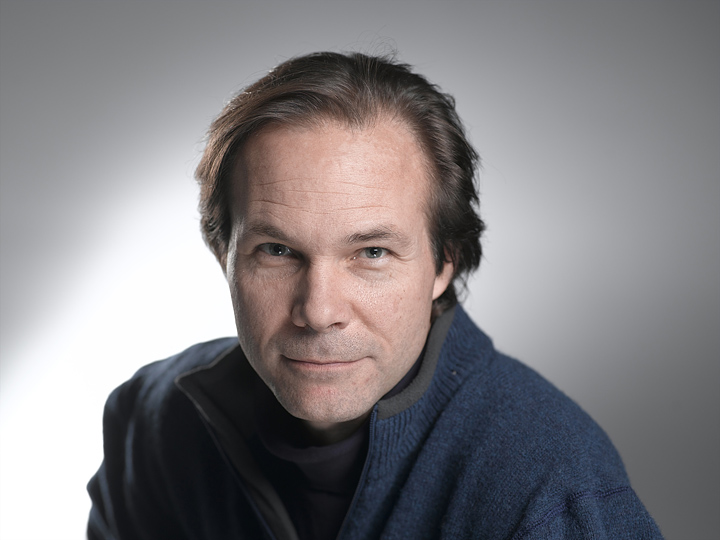Award-winning National Geographic journalist and Wilmington resident Joel Bourne has investigated a number of national environmental issues during his career, including biofuel development and usage, the decline of Louisiana’s wetlands and the effects of the 2010 BP Gulf oil spill. In his new book, “The End of Plenty: The Race to Feed a Crowded World,” released June 15, he continues his exploration of global food sourcing and sustainability.
“He’s got a global perspective on the issues and on feeding us all,” said Kathleen Jewell, owner of Pomegranate Books. “We can’t wait to get our hands on the book.”
Jewell also emphasized Bourne’s education — a Bachelor of Science in agronomy from North Carolina State University and a master’s degree in journalism from Columbia University.
Bourne’s newly released book was a long time in the making.
“I got the contract early in 2010,” Bourne said. The book is a continuation of an article he wrote for National Geographic about global food shortage.
“We have this supply-and-demand issue. … Our world food supplies begin to become limited,” he said during a June 16 telephone interview.
While researching for his book, Bourne familiarized himself with the work of Reverend Robert Malthus, a mathematician who studied at Cambridge University.
“He said that population increases at a geometric rate,” Bourne said. “We can grow a lot more kids faster than we can grow food to feed them.”
Bourne explained the issue is exacerbated by nations that outsource their agricultural industries.
“Countries that were cash-rich and land-poor began going to countries that were land-rich and cash-poor, like many countries in Africa, and began buying large swaths of land,” he said.
Bahrain is one example of a cash-rich and land-poor nation, Bourne said.
“They import 90 percent of their food,” he said. “China is another example. They have three times the population of the U.S. and one-third of the arable land. They are desperate to secure their food supply.”
Bourne addresses these issues in the first half of his book.
“What are the pressures, such as climate change, lack of water, lack of arable land, that are driving down production?” he asked.
The second half of “The End of Plenty” proposes solutions to the problems presented. Bourne suggested that aquaculture, pond-raising seafood instead of fishing, could help solve food shortage issues.
“Aquaculture has enormous potential, and we’ve barely scratched the surface of it,” he said.
Bourne mentioned some countries, like China, already obtain most of their seafood from aquaculture. He also expressed his support of organic foods.
“I’m a huge fan of the organic food market, but it only accounts for 4 percent of food sales in the United States,” he said. “We need to be concerned about what’s in our food.”
Bourne said families can reduce the amount of food they waste by cooking, rather than dining in restaurants or eating take-out food.
“The kids see you cooking and they get into it,” he said.
Bourne will read from his new book at Wilmington’s Pomegranate Books Thursday, June 18 at 7 p.m.
Jewell said Bourne’s reading will be followed by a Q-and-A session, a book signing and light refreshments. Call Pomegranate Books at 910-452-1107 for more information.
email [email protected]




